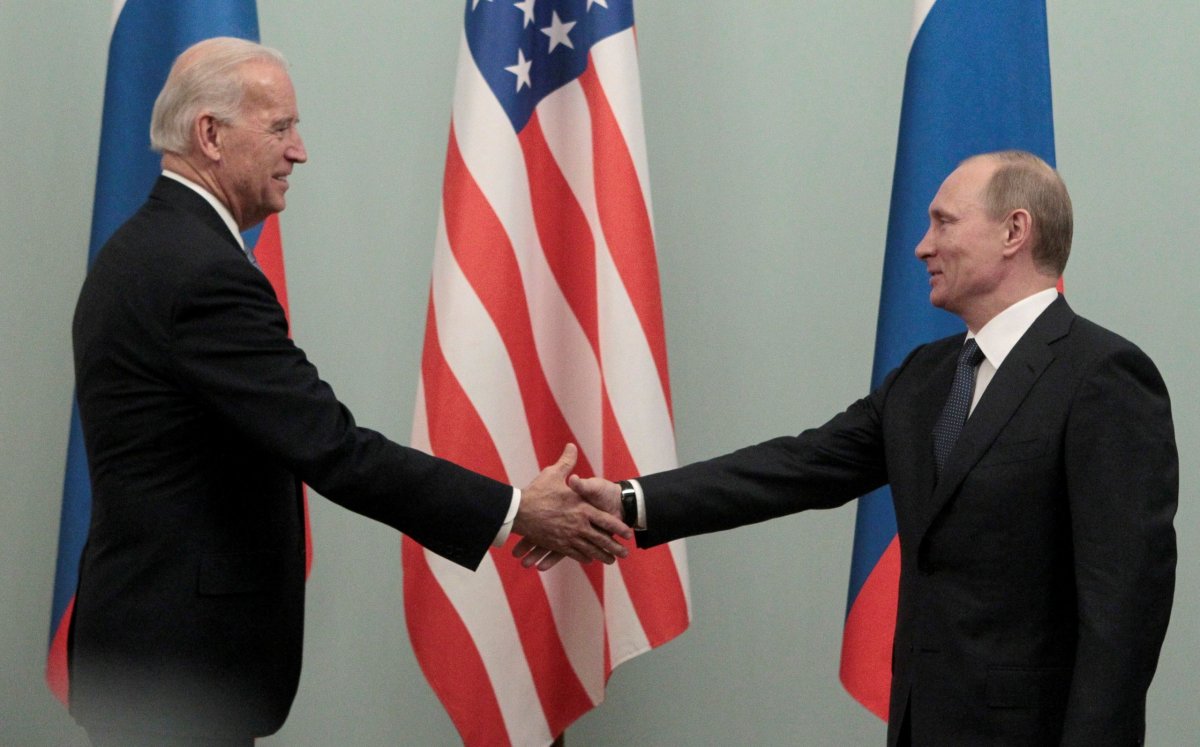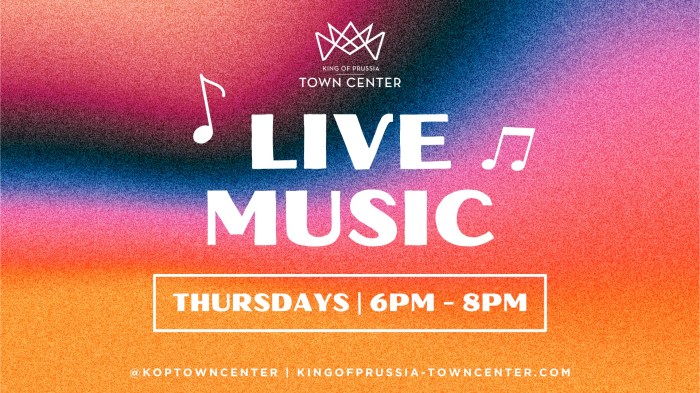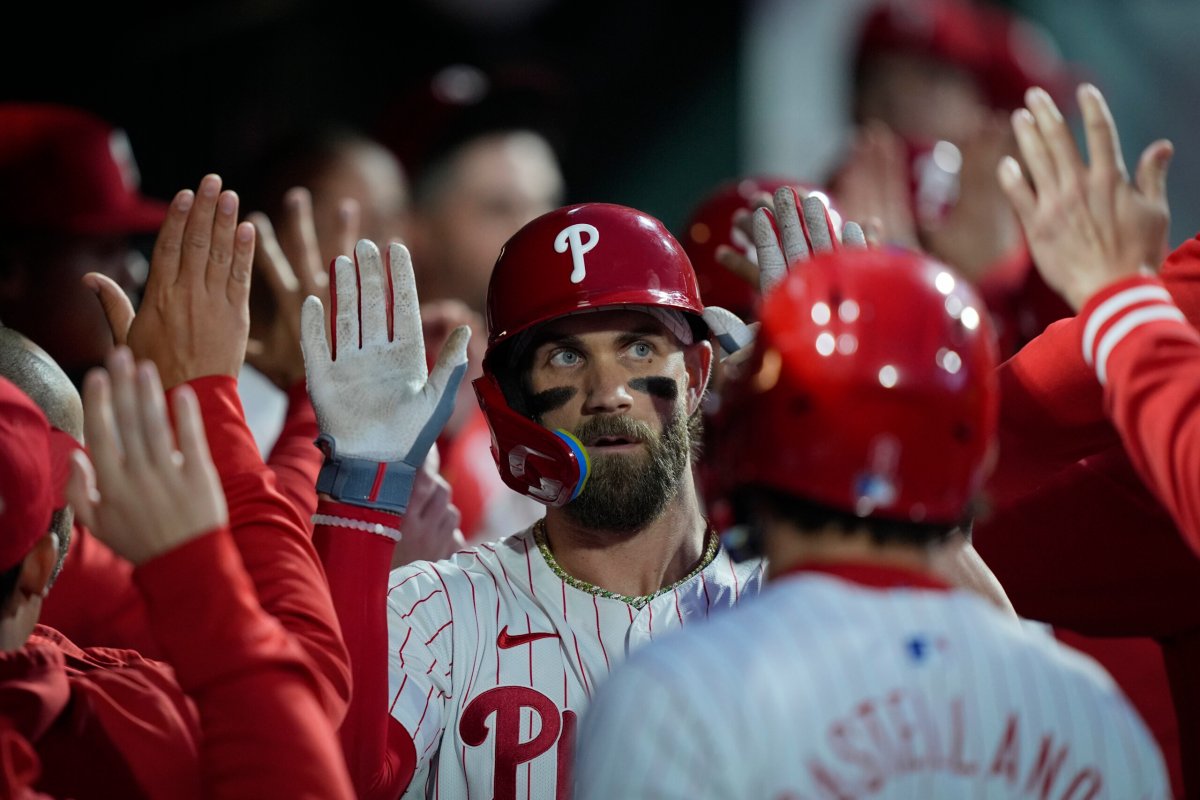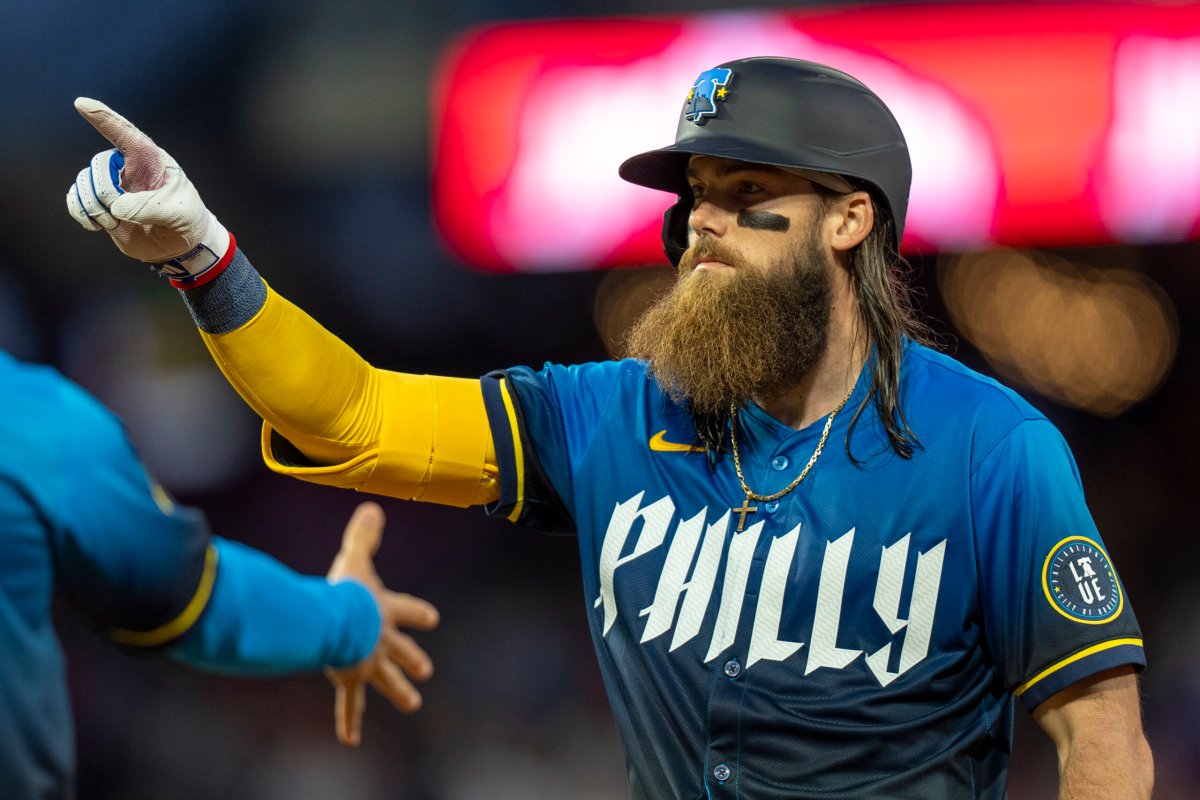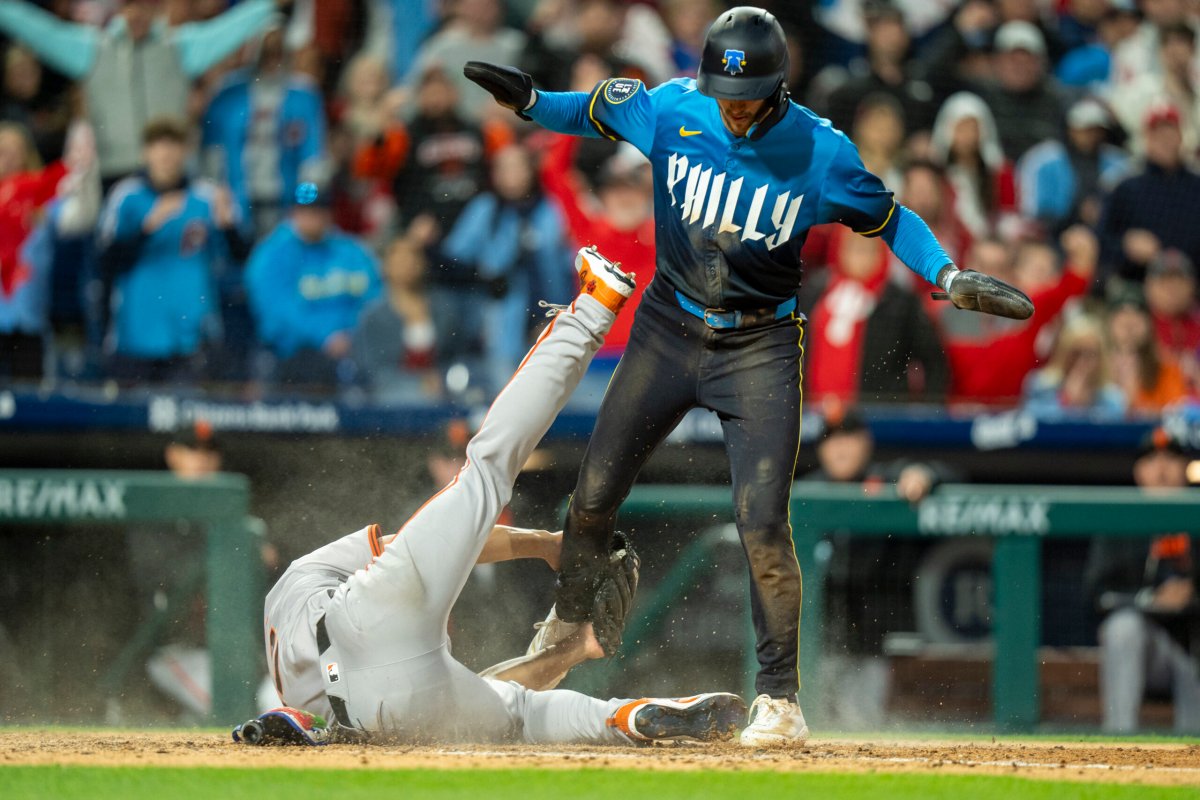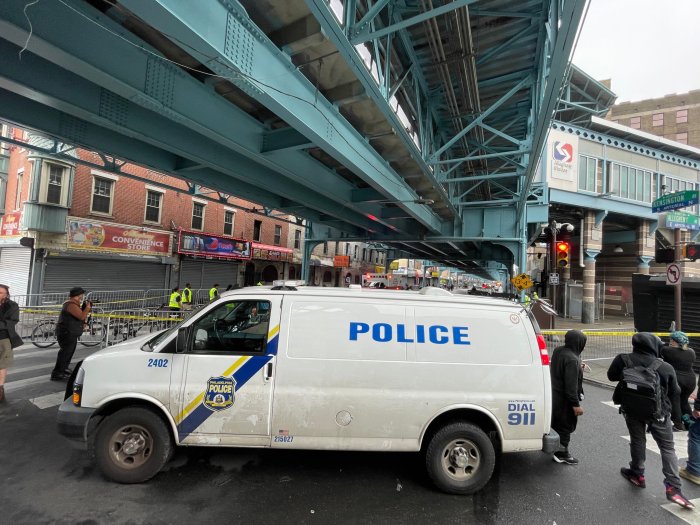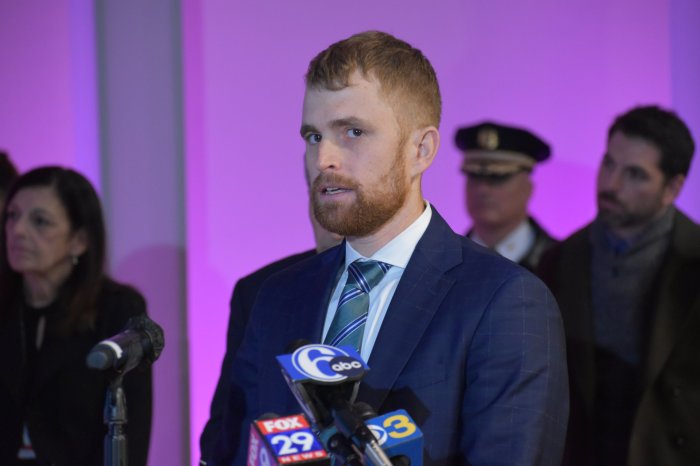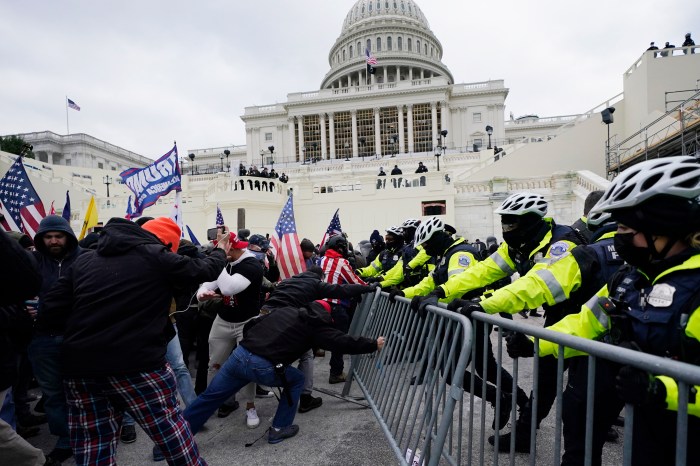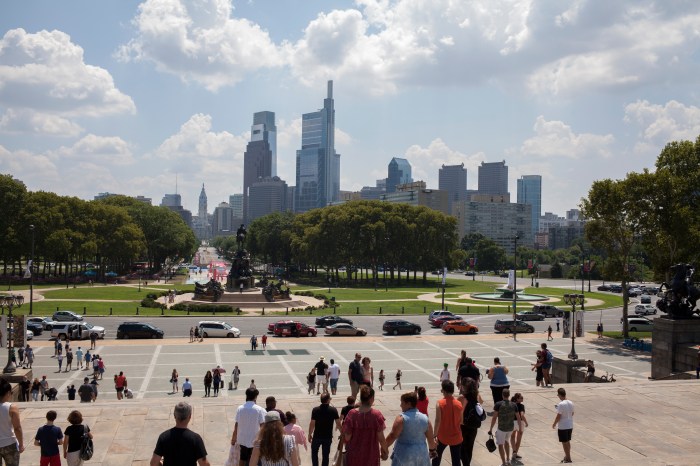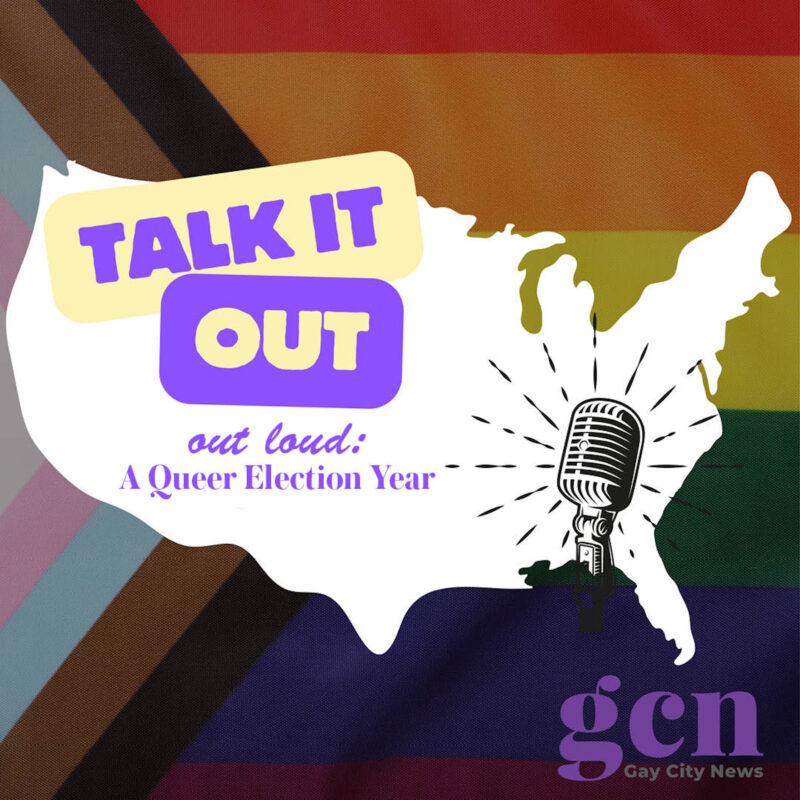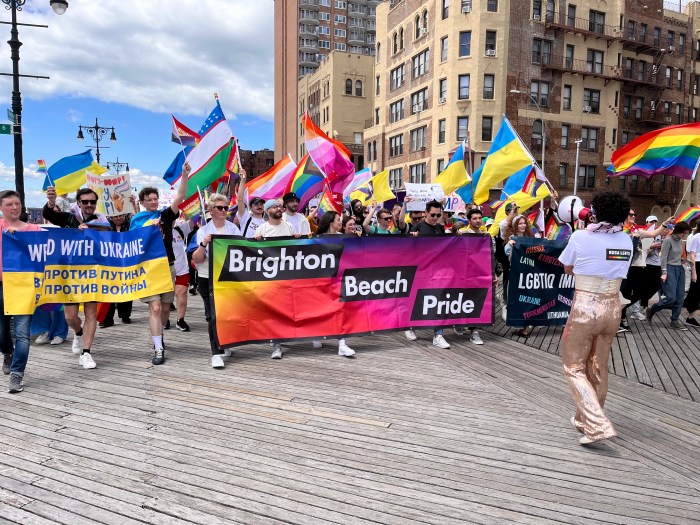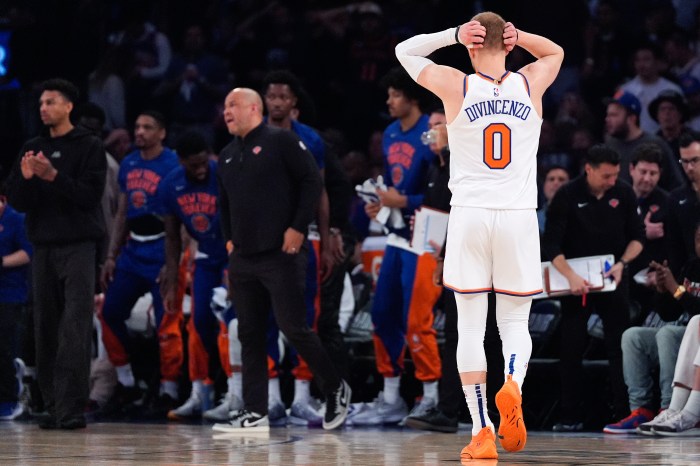By Humeyra Pamuk, Steve Holland and Andrew Osborn
Don’t expect a major breakthrough at a summit on Wednesday between U.S. President Joe Biden and his Russian counterpart Vladimir Putin, a U.S. official said on Tuesday, given relations between Washington and Moscow are their most strained in years.
“We’re not expecting a big set of deliverables out of this meeting,” a senior official told reporters aboard Air Force One. The two leaders are expected to talk for four of five hours, the U.S. official said.
Both leaders say they hope the Geneva meeting, their first in-person encounter since Biden became president in January, can lead to stable and predictable relations, even though they remain at odds over everything from Syria to Ukraine.
Despite their disagreements, they could make some modest progress.
CYBER/RANSOMWARE
Ransomware attacks by criminals reportedly linked to Russia that have twice targeted critical American infrastructure are a concern for the United States.
The FBI has not disclosed any evidence showing Russian government involvement in the attacks on U.S. fuel transporter Colonial Pipeline Co and meatpacker JBS SA of Brazil, and Putin says the idea that Russia was responsible is absurd.
But Biden intends to bring up the issue and has suggested he wants Russian authorities to crack down on such cybercriminals. Putin has said Moscow would be willing to hand over suspects if any deal cuts both ways.
Biden is also likely to raise U.S. concerns over Russian cyber meddling in U.S. politics, something Moscow, which is pushing for a cyber non-interference pact, denies.
HUMAN RIGHTS, NAVALNY
Biden has said his administration will prioritize the global promotion of human rights and democracy and not shy away from warning countries over their records.
Washington has criticized Moscow over its treatment and alleged poisoning of Navalny, and says he should be freed.
The Kremlin, which denies the poisoning, has said Russian politics is a domestic matter and Washington should stay out of it. It says it will not take lectures from a country it casts as having many human rights problems of its own.
NUCLEAR ARMS
The world’s two biggest nuclear powers are keen to talk arms control to ensure stable relations between their militaries.
In February, they extended for five years the New START treaty, which limits the numbers of strategic nuclear warheads, missiles and bombers each can deploy.
Moscow is keen on a longer extension that would include newer systems.
After the 2019 demise of the Intermediate-Range Nuclear Forces Treaty, Russia also wants to do a deal that neither side deploy certain land-based missiles in Europe.
UKRAINE
The United States has been Ukraine’s most powerful ally since Russia’s annexation of Crimea in 2014, a move that pushed Moscow’s ties with the West to post-Cold War lows.
A build-up of Russian forces in Crimea and near Ukraine’s borders earlier this year worried Washington, which wants Russia to return Crimea and Kyiv to regain control of a swath of eastern Ukraine controlled by Russian-backed separatists.
NATO leaders on Monday reiterated a 2008 decision that Ukraine could one day join, but Biden said Kyiv had to root out corruption and meet other criteria first.
Putin had said Ukraine was a “red line” and he wants Washington to steer clear. He has baulked at the idea of Ukrainian membership of NATO, said Crimea is Russian, and told Kyiv it needs to talk to separatists in eastern Ukraine if it wants the territory back in any form.
AMBASSADORS, CONSULAR SERVICES
The status of foreign missions is one area where both sides believe there may be scope for progress.
Russia recalled Anatoly Antonov, its ambassador to Washington, in March after Biden said he believed Putin was a “killer,” while John Sullivan, the U.S. ambassador to Moscow, returned to Washington for consultations in April.
An agreement for both diplomats to return to their posts would send a signal that some progress had been made.
There may also be room for a mini-deal on visas and embassy staffing.
Russia, in response to U.S. sanctions, has imposed limits on the number of local staff the U.S. embassy can employ, forcing Washington to cut consular services.
It has also withdrawn from an agreement that eased restrictions on diplomats travelling around each other’s countries.
PRISONERS
Russia is holding former U.S. marine Paul Whelan on an espionage conviction, and Trevor Reed, another former U.S. marine, for an alleged assault on a police officer. Both deny wrongdoing.
Their families have pressed for their release ahead of the summit.
Asked if he would consider a prisoner swap, Putin told NBC News: “Yes, yes of course.”
Whelan’s Russian lawyer has previously suggested Moscow would be interested in a deal that brought arms dealer Viktor Bout home as well as Konstantin Yaroshenko, a pilot convicted of conspiracy to smuggle cocaine into the United States.
BELARUS
The Kremlin has said it expects Putin and Biden to discuss Belarus, a close Russian ally plunged into crisis last year when street protests erupted over what demonstrators said was a rigged presidential election.
With Moscow’s help, veteran leader Alexander Lukashenko has so far ridden out the storm by carrying out a brutal crackdown. His grounding last month of a commercial airliner and arrest of a dissident blogger on board drew Western outrage.
Biden is likely to challenge Putin over his support for Lukashenko and question him about plans to push ahead with integrating the two countries economically and politically.
Putin regards Belarus as part of Russia’s sphere of influence and the two leaders are unlikely to see eye to eye.
SYRIA
Biden will question Putin on Moscow’s apparent reluctance to continue a U.N-backed cross-border aid operation into Syria whose mandate is due to expire next month, and urge Putin to support it, a U.S. official said.
U.N. aid chief Mark Lowcock last month appealed to the Security Council not to cut a cross-border aid “lifeline” to some 3 million Syrians in the country’s north.
Putin told NBC that Russia thought the West should distribute any aid it provides to Syria via the central government, accusing it of not doing so to try to avoid President Bashar al-Assad.
Reuters



